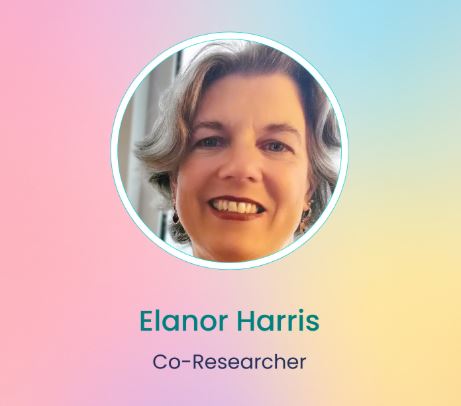How the Tool was Developed
Foundational Research
- Literature Review; conducted to understand communication challenges faced by autistic patients during GP consultations
- Origins; inspired by the Patient Concerns Inventory (PCI), used in cancer care, adapted to create A.C.T.
Establishment of Autistic Co-Researcher Group
- Recruitment of five autistic adults for the advisory group, contributing as co-researchers, co-designers and co-authors, core to all decisions and revisions
Stage 1: Draft Creation
- Developed the first draft of the A.C.T. based on literature and lived experiences
Stage 2: Community & GP Feedback
- Fifty-nine autistic individuals provided feedback via questionnaires
- Ten GP interviews offered insight on feasibility and utility in practice
Stage 3: Tool Revision
- Revised using feedback
- Improved clarity, reduced cognitive load, added specific instruction sections
Stage 4: Pilot Testing
- Conducted with ~30 patients in real GP settings
- Early results improved consultation flow, reduced anxiety, positive GP feedback, etc.
The A.C.T. was developed through a fully participatory research model, with autistic co-researchers involved at every stage to ensure the tool was relevant, accessible and grounded in lived experience.
A team of five autistic co-researchers co-designed the tool through workshops, literature review and feedback rounds. Community input was gathered via an online questionnaire (n=59), alongside interviews with GPs and practice managers (n=10). The tool was continually revised in response to this feedback.
A pilot study then trialled the A.C.T. in GP consultations, with autistic patients providing feedback on its usability and impact. Final refinements were made based on these insights.
Importantly, autistic co-researchers had equal decision-making power and shaped both the tool and the research design. Their involvement fostered ownership and pride and led to further opportunities in research and training for several co-researchers.
This participatory model represents a cornerstone legacy of the project. It has laid the groundwork for future co-produced research by the University of Liverpool Autism Hub and sets a standard for respectful, inclusive and impactful autism research. The success of this approach is evidenced not only by the effective completion of the A.C.T. tool, but also by the strength of the relationships formed and the knowledge shared throughout.

"I really enjoyed being in a group of other autistic people. It’s always so nice to not have to mask. It’s also really affirming when hearing other autistic people speak about their experiences and know that I’m not alone… It was probably THE MOST inclusive environment I’d ever been in and I wish there was even half the consideration that went into these meetings in all other meetings that I go to… I found it really empowering and that my opinion was not just valid, but ultimately valued."

"After I discovered that I was autistic, I really wanted to try to help improve the experience for other autistic adults. This has been a really rewarding project to be a part of, and its been fantastic to work in a neuroaffirming way with other autistic people. The project has given me so many opportunities to become involved with the local autistic community, and I really hope that the autistic communication tool can help to reduce some of the challenges that we can face when accessing healthcare."

